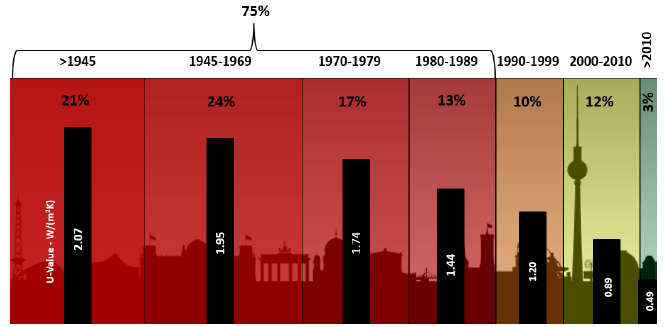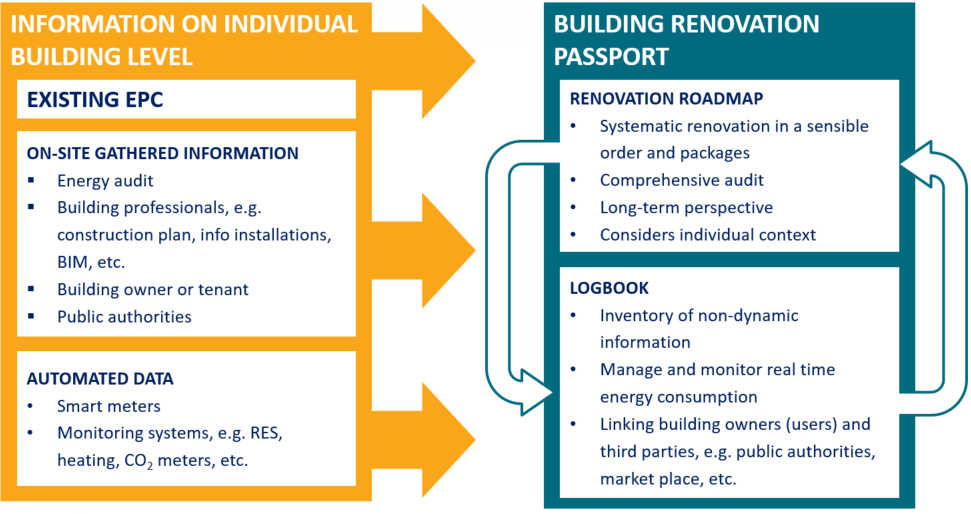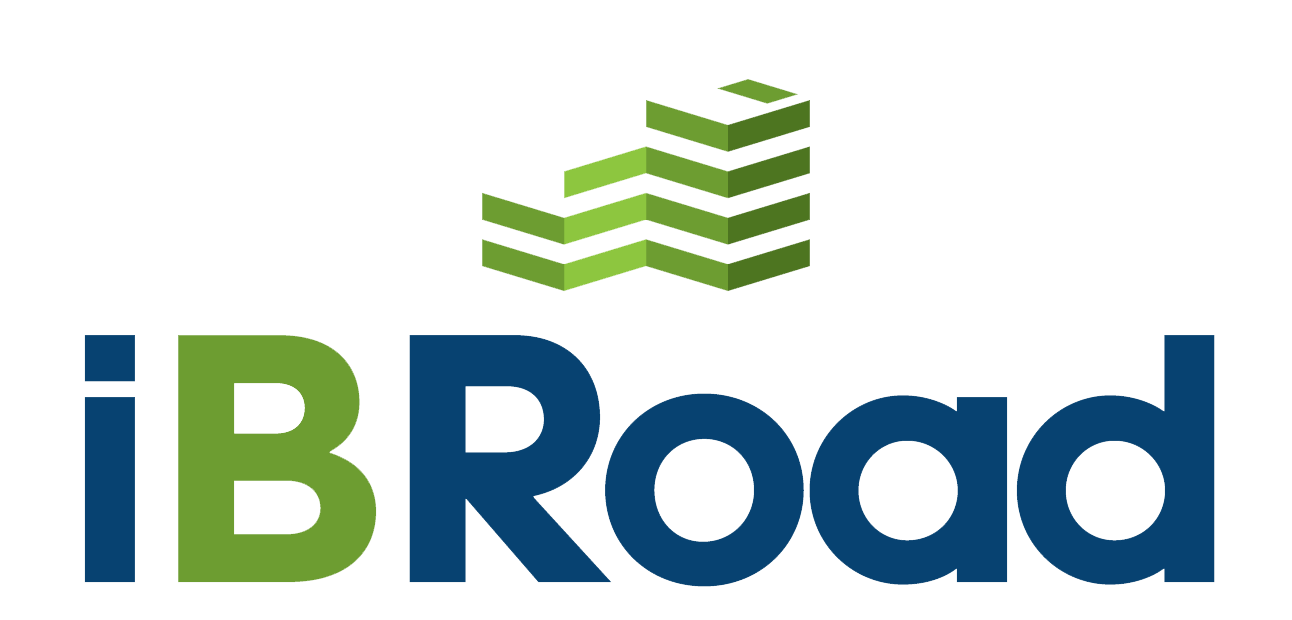IMT is a strong, long-time advocate for bringing building performance data to the market and using it alongside other tools such as audits, to help building owners identify opportunities for improved energy performance. In this guest post, the Buildings Performance Institute Europe (BPIE) examines one tool the organization and its European allies in the residential realm to drive investment in energy efficiency improvements.
In Europe, buildings are responsible for around 40 percent of the energy consumption. Despite the proven economic and technical feasibility of building renovation, and despite the societal and environmental benefits it could bring, renovation rates are still considerably below the expected level.
While building performance is constantly improving, only 3 percent of the European Union building stock was built to a standard that can be considered efficient. This means that 97 percent of the building stock needs upgrading1 and that the EU is facing the double challenge of increasing both the rate and depth of building renovations to the levels needed to meet the commitment undertaken under the Paris Agreement (2 percent to 3 percent per year).

Figure 1. Age of the EU building stock and corresponding average U-value (illustrated by the black bars) for building envelopes. The 2010 data for U-Value is based on an average of just seven countries, while the others are based on average of all 28 Member States (Source: EU Building Stock Observatory)
Renovating a building can be complex and time-consuming. For homeowners, together with the difficulty of accessing dedicated financing for renovation, the lack of knowledge about what to do and how to implement renovation measures are the main obstacles to improving the energy performance of their home. That is why, to succeed in such an endeavour, homeowners need support.
One tool that’s now available in some European countries (and studied for replication) is an individual Building Renovation Roadmap (also called a building passport). An evolution of the Energy Performance Certificate (equivalent to a U.S. home energy rating), it provides homeowners with personalized suggestions on their renovation options. Based on the combination of an on-site energy audit and specific criteria established in dialogue with the owner, the building renovation passport is a ready-to-use, personalized renovation plan for the building owner, presenting all the measures to implement and the order in which to implement them, as well as an explanation of the benefits to be expected after the renovation is completed, including energy savings and comfort improvements.
This tool creates a customized renovation plan over a long-term horizon (15-20 years). At its core, the renovation roadmap is a home-improvement plan, which considers the occupant’s needs and specific situations (e.g. age, financial situation, composition and expected evolution of the household, etc.) and avoids the risk of “locking out” future renovation solutions due to a lack of foresight.
The plan can be combined with a repository of information (a building logbook) on aspects like the energy consumption, energy production, executed maintenance, and building plans.

Figure 2. Individual Building Renovation Roadmap – Overview of its components (Source: BPIE)
The Buildings Performance Institute Europe (BPIE), a partner of IMT, explored the concept in a recent report and is currently involved in a dedicated three-year project funded by the EU, called iBRoad. This project builds upon existing examples in Belgium France, and Germany to identify successful features and tools that can be adapted to different national conditions (such as climate zones and regulatory frameworks).
 The concept and tools developed by iBRoad will be tested in four countries. A training program for auditors will also be provided. The feasibility and replicability of the iBRoad model in other building typologies and EU Member States will be assessed through auditors and user experience feedback.
The concept and tools developed by iBRoad will be tested in four countries. A training program for auditors will also be provided. The feasibility and replicability of the iBRoad model in other building typologies and EU Member States will be assessed through auditors and user experience feedback.
iBRoad aims to empower homeowners and support them in taking informed decisions concerning renovation and encourage them to achieve greater energy efficiency levels based on their individual needs.
The iBRoad project is funded by the European Commission under the Horizon 2020 framework programme for research and innovation, under grant agreement N. 754045. The project started in 2017 and will run until June 2020. The project has 12 partners from nine countries. You can follow the project on Twitter at @iBRoad_project.
Marine Faber is senior communications manager for BPIE.